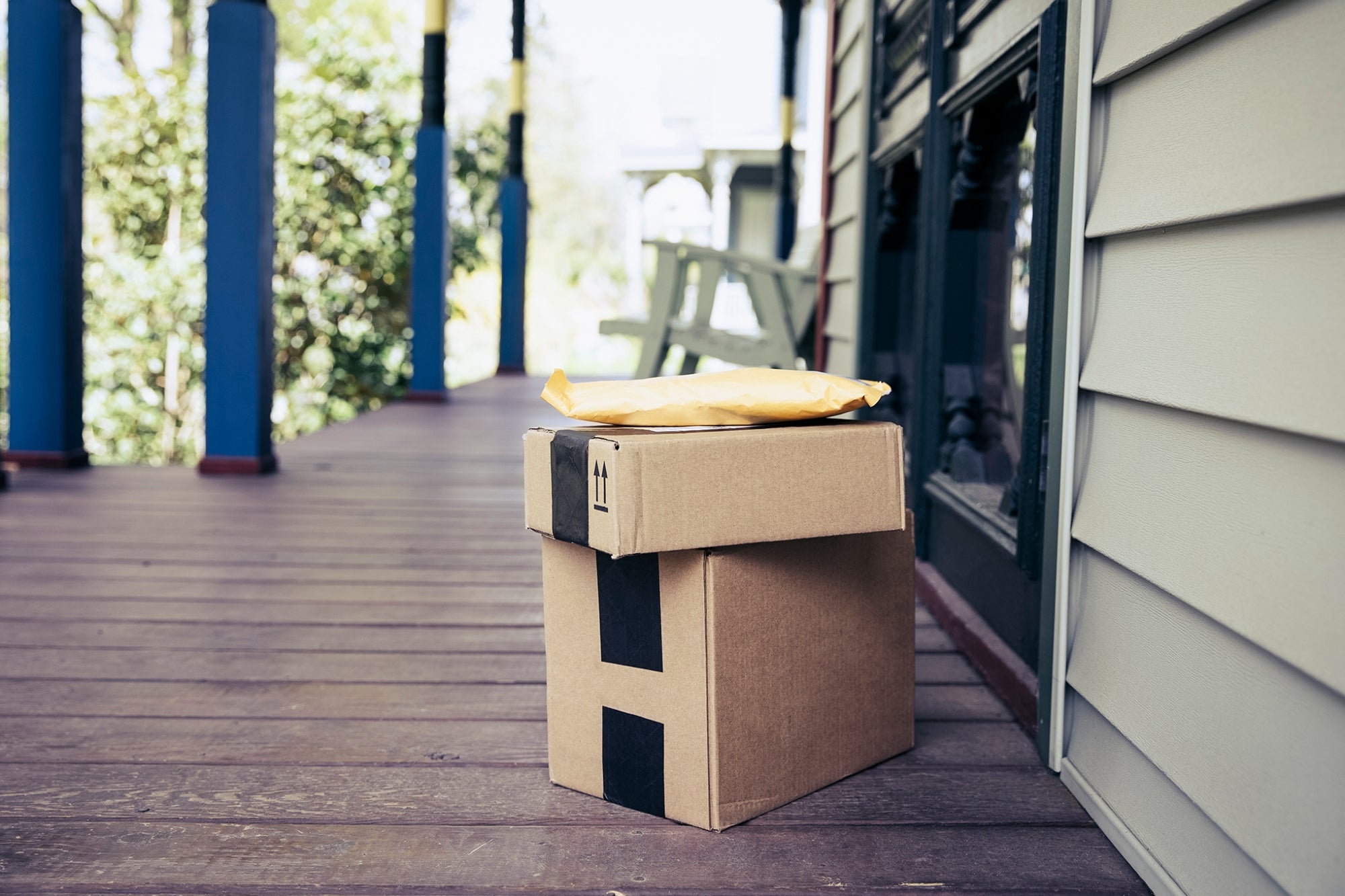7 Ways to Support Local Businesses and Your Community Money simply works harder for the immediate good when it's kept close to home.
By Daniel Priestley Edited by Dan Bova
Opinions expressed by Entrepreneur contributors are their own.
It is pretty much a given now that prices will remain volatile for an extended stretch, with supply lines (and associated energy prices) still strained. As a result, many small and medium-sized enterprises like restaurants, print-shops, coffee shops, retailers, etc. will plow through their savings and struggle to keep the lights on (literally).
It's additionally vital to keep in mind that when you buy from a small business, your money tends to stay in the local community and directly benefits the families who run each company. So, if you like having small businesses near you, be a customer, and patron.
Here are seven tips for doing that:
1. Differentiate Private Equity from Locally-Owned Companies
A private equity fund is designed to dominate a category of business and extract as much money for that fund as possible. Every decision is made to maximize return — even if that means saddling a business with debt and then liquidating its assets. In your high street, you'll have PE-owned bakers, coffee shops, hair/beauty businesses, dental practices, etc. You'll also have independently-owned ones. So, consider which type you want to boost.
2. Use Local Retailers for Brand Items
You might want to buy Apple headphones or a Hugo Boss shirt. These items can be bought at a local retailer, and about 30% of the money stays right there. If you buy that same product direct, however, you will pay the same price, but your money goes straight to the associated brand headquarters.
Related: Why People Buy What They Buy
3. Farmers Markets/Stalls
Most communities have local food festivals featuring farmers' markets and stalls where local makers exhibit and sell. That seafood, for example, is probably sold to you by the daughter of the guy who caught it, the person selling eggs has probably seen the chickens that laid them and those slightly expensive tea towels and baby clothes were likely made by the lady who took your money. They might cost £1 more than cheap ones in Tesco, but you will be making her day, and she'll be spending that money in your neighborhood, too.
4. Religious Organizations
You might not be a person of faith, but a church or other religious gathering place, after all, is just another type of community center. A local one might run a cafe selling quiche and coffee (maybe even with free WiFi!) — made by someone in your community who really needs a place to start. The money you spend goes straight back into local pockets, as well as into the work that institution is doing: It knows exactly which families are struggling and is likely doing small but essential things for them.
5. Hire Area People for Small Jobs/Tasks
In your neighborhood, someone might work up the courage to knock on your door and ask if you need cleaning, gardening, car washing, data entry, etc. They are clearly in need of an opportunity, and hiring them to do these kinds of tasks can free up time that you can use in other ways. So, just say yes, and don't haggle on price!
Related: 6 Benefits for You and Your Community From Supporting Local Entrepreneurs
6. Etsy, eBay or FB Marketplace
Consider supporting people in your region who are selling products online. We all digital shop in some way or other just about every day, so make an effort to see if you can buy from a local/independent person. Also, if you know someone who needs an opportunity, ask them to sell stuff you don't use anymore online and split the money with them.
7. Encouragement and Public Praise
When you encounter a good-performing local company, take the time to give it a 5-star rating on Google. (Make note of whether it's listed on Google Maps, too, and let the owner know if it isn't.) Also, communicate with them directly — something like, "You are doing a great job…thank you!" That encouragement might be just the thing that gets them through the week.












